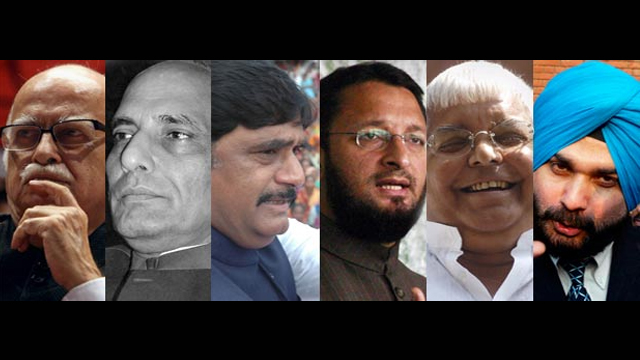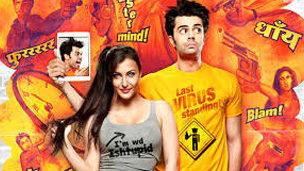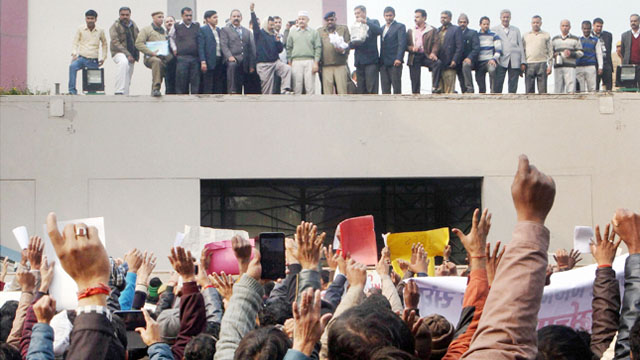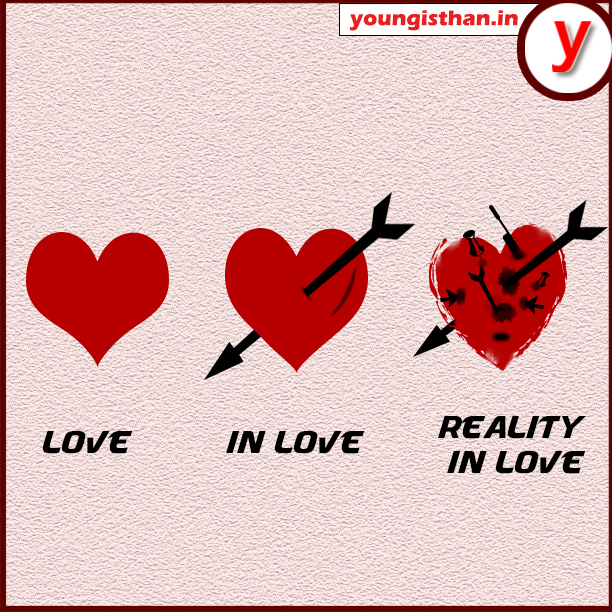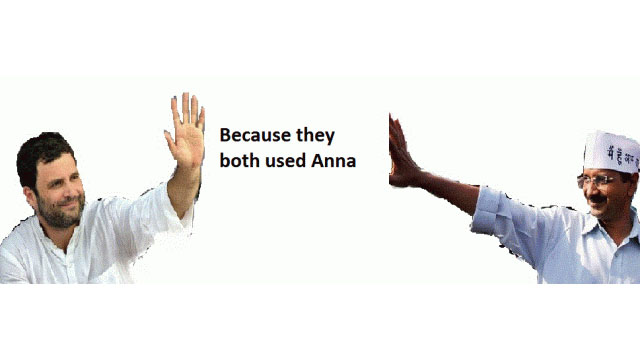Given the universal performance of various of our voted representatives, the notion does crop up about why many aspects of the model code of conduct are imposed after election dates are declared.
Given the universal performance of numerous of our voted representatives, the notion does crop up about why many features of the mock-up code of conduct are only imposed after election dates are declared.
As much of public life is becoming progressively more disruptive, taking an indication from the Election Commission’s code, it may be time to put down guiding principles on political leaders behaviour – certainly without encroaching their free speech and civil rights.
In fact, apart from the rules detailed for campaigning such as declaration of new agendas, posters, meetings, loudspeakers, booth supervision, counting agents and the similar ones, much of the text seems ideal for re-designation as model functioning process for the political class, eternally.
After all, when cause and control and value for sentiment and communal harmony outline in the EC-enforced behaviour of the political class during election time, it almost means that the rest of the time doing quite the opposite is par for the course.
Besides, in view of the code has provisos such as ‘criticism of other parties or their workers based on unconfirmed allegations or misrepresentation shall be avoided’, can people be held responsible for believing that political leaders want to do exactly the opposite unless controlled by law and under fear of banning?

